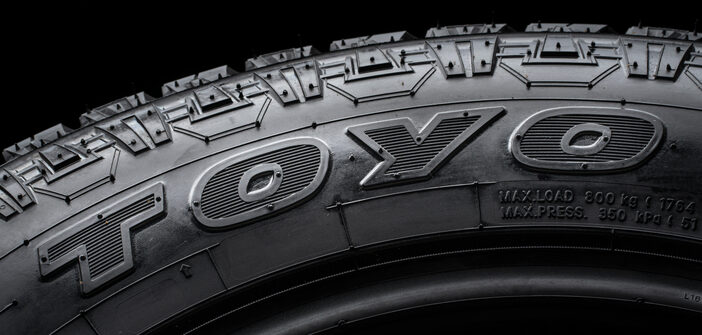In a joint research project conducted with the University of Toyama in Japan, Toyo Tire has successfully synthesized butadiene rubber – the main raw material found within tires. The two organizations managed to do so by developing a catalyst for the conversion of carbon dioxide to butadiene with high yields.
Since 2016, Toyo and Professor Noritatsu Tsubaki of the Department of Engineering in the Faculty of Academic Research at the University of Toyama have carried out joint development work on whether carbon dioxide can be used as a substitute for petroleum-derived raw materials in the production of butadiene rubber.
By achieving the synthesis of butadiene from carbon dioxide – which is viewed as a significant contributor to climate change – the two organizations predict that they will successfully reduce the carbon dioxide emissions emitted during the manufacturing process when compared with traditionally used, petroleum-derived raw materials. Furthermore, Toyo Tire and the University of Toyama anticipate that using carbon dioxide as a starting material for polymerization into butadiene rubber will have a significant impact in terms of actual tire lifecycle assessment.
To foster basic academic research into the development of next-generation material conversion technologies to enhance sustainability, the University of Toyama established the Carbon-Neutral Materials Conversion Research Center.
Both research parties share the aforementioned aims and will continue to develop catalyst systems for mass production. Furthermore, practical application of the process is planned by the end of the decade and Toyo is carrying out additional research to replace rubber and reinforcing agents with alternative, sustainable materials within its tire products.
For more on materials, please click here.



